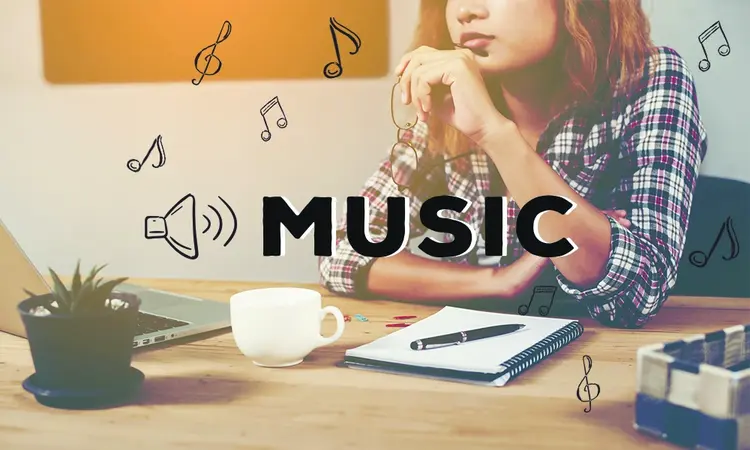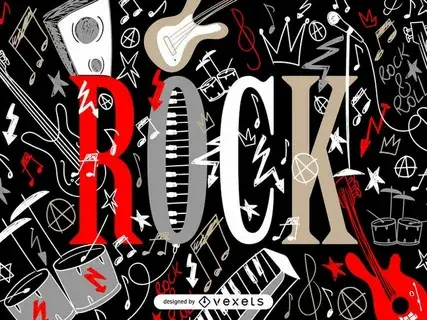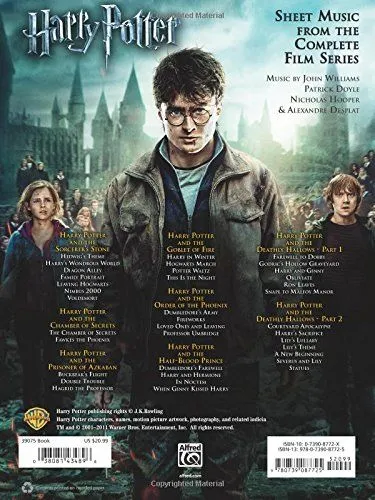If you’ve ever found yourself searching for the best music essays, you’ve probably wondered: what makes a music essay stand out?
Is it the writer’s passion for the subject? Is it their ability to describe the indescribable—a melody or beat—using words alone?
As someone who loves both music and writing, I’ve gone down this rabbit hole many times. From classic writings by composers to contemporary critiques by journalists, music essays offer a deep dive into what makes a song, genre, or artist resonate.
But not all music essays are created equal. So, what are the best ones, and why do they work so well?
Let’s break it down.
What Makes the Best Music Essays?
When you’re talking about the best music essays, you’re not just talking about someone’s favourite songs. That might work for a playlist, but essays are a different beast. These essays dive deep—they might explore a genre’s impact on society, break down the technical artistry of a piece, or reflect on how music intertwines with personal experiences.
Here’s what makes the best music essays really stand out:
- Insightful Analysis: The essay takes something familiar (like a well-known song or genre) and digs deep, offering insights that make you think differently about it.
- Personal Connection: Some of the best essays on music bring the writer’s personal experiences into the mix. It’s not just about theory—it’s about emotion.
- Cultural Impact: Great essays also highlight how music interacts with broader cultural moments or movements. They show how music reflects, influences, and sometimes even drives change.
- Strong Narrative Flow: Like any good story, the best essays pull you in from the start. There’s a clear point of view, and the writing moves you smoothly from one idea to the next.
Examples of the Best Music Essays
If you’re looking to read some of the best music essays, you’re in luck. There’s a wealth of work out there that covers every corner of the musical universe.
Here are a few standout examples:
- James Baldwin’s “Sonny’s Blues”
While this is technically a short story, Baldwin’s exploration of jazz and its role in African American culture is powerful. It’s a deep dive into how music helps people cope with pain and offers an outlet for expression. - Joan Didion’s “The White Album”
Didion is known for her incisive, poetic prose, and in this collection, she reflects on the counterculture of the 1960s. Her essay “The White Album” dives into the culture surrounding rock ‘n’ roll, showing how it mirrored and shaped the era’s anxieties. - Nick Hornby’s “31 Songs”
Hornby, known for his novel High Fidelity, penned a collection of essays about the songs that influenced his life. This is a fantastic read if you’re looking for a mix of personal stories and music criticism. He brings a lot of humour and insight into the process. - Alex Ross’s “The Rest is Noise”
If you’re more interested in classical music, Ross’s essays are a must-read. In The Rest is Noise, he explores the influence of 20th-century composers and how their works impacted the broader musical landscape. - Zadie Smith’s “Joy”
Smith’s essay on the experience of joy, using music as a starting point, is one of the most personal and reflective pieces. It captures how music transcends technicalities and goes straight to the heart of human experience.
Why Read Music Essays?
Alright, so you’re probably thinking: Why should I bother reading music essays when I could just listen to the music itself?
Here’s the thing: Music essays give you a completely different perspective. They allow you to see the technical, cultural, and personal layers behind the music.
Here’s why I think reading music essays is worth your time:
- You Understand Music Better: Reading these essays helps you get into the mind of musicians and critics. You’ll learn about the techniques, the history, and the context that shaped certain songs or genres.
- It Deepens Your Connection: When you read about how a song or album impacted someone else, it often makes you hear it differently. You’ll notice things you didn’t before, and the music may even take on a new meaning for you.
- They Expand Your Horizons: Sometimes, essays introduce you to artists or genres you wouldn’t have explored otherwise. If you’ve ever wanted to dive into jazz or classical music but didn’t know where to start, a well-written essay can give you the context you need.
How to Write the Best Music Essays
If you’re like me, you don’t just want to read essays—you might want to write them too. Writing about music is one of the trickiest things to do, but it’s also incredibly rewarding.
Here are a few tips to keep in mind if you want to craft your own best music essay:
- Pick a Focus
Don’t try to cover too much ground. Focus on one song, one artist, or one genre. The best essays are the ones that dive deep rather than skim the surface. - Make it Personal
Music is emotional. If you want your essay to connect with readers, don’t be afraid to bring in your personal experiences or how a certain piece of music made you feel. - Do Your Research
Even though you’re bringing in personal elements, it’s important to back up your points with facts. Whether it’s the history of a genre or a breakdown of the song’s production, make sure your essay is grounded in knowledge. - Use Descriptive Language
When you’re writing about music, your reader can’t hear what you’re talking about. You need to describe it in a way that brings the sound to life. Use metaphors, comparisons, and vivid descriptions. - Stay Engaged
Your passion for the music needs to come through. Keep your writing conversational and engaging. Imagine you’re explaining a favourite song to a friend over coffee.
FAQ: Writing and Reading Music Essays
Q: What should I avoid when writing a music essay?
A: Avoid being too technical unless your audience is made up of musicians. Focus on the emotional and cultural impact rather than just the theory behind the music.
Q: How long should a music essay be?
A: There’s no hard rule, but aim for a length that allows you to dive deep without losing focus. For most essays, 1,500-2,000 words is a good range.
Q: Can I write about any genre?
A: Absolutely. Whether you’re into classical, hip-hop, rock, or electronic music, every genre has stories worth telling. The key is to bring something unique to the conversation.
Q: What if I’m not an expert on music theory?
A: You don’t need to be! Some of the best music essays come from people who simply love music and want to share that passion. It’s more about your perspective than your technical knowledge.
Final Thoughts on the Best Music Essays
The best music essays are more than just critiques of albums or performances. They’re windows into the world of sound and how it shapes our lives. They mix analysis, emotion, and cultural commentary to paint a picture that makes you hear the music in a whole new way.
Whether you’re reading them or writing them, music essays offer something for everyone. They deepen your appreciation for the music you love and open your ears to new sounds you might not have considered before.
So, if you’re on the hunt for the best music essays, start with the ones I’ve mentioned, and don’t be afraid to explore beyond. You might just find your next favourite piece of writing—or even feel inspired to write your own.
And remember, the best music essays aren’t just about what you hear—they’re about what the music makes you feel.




